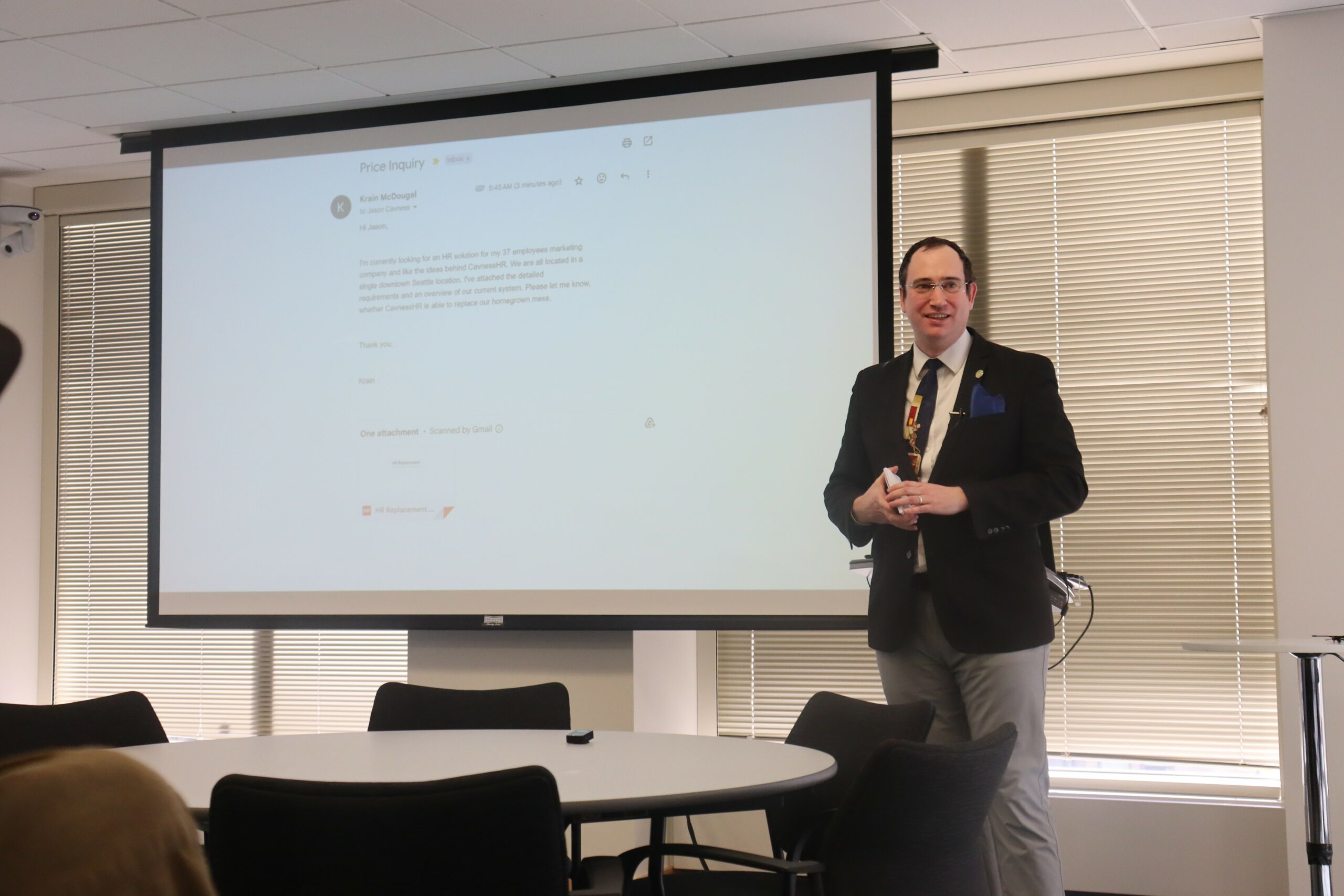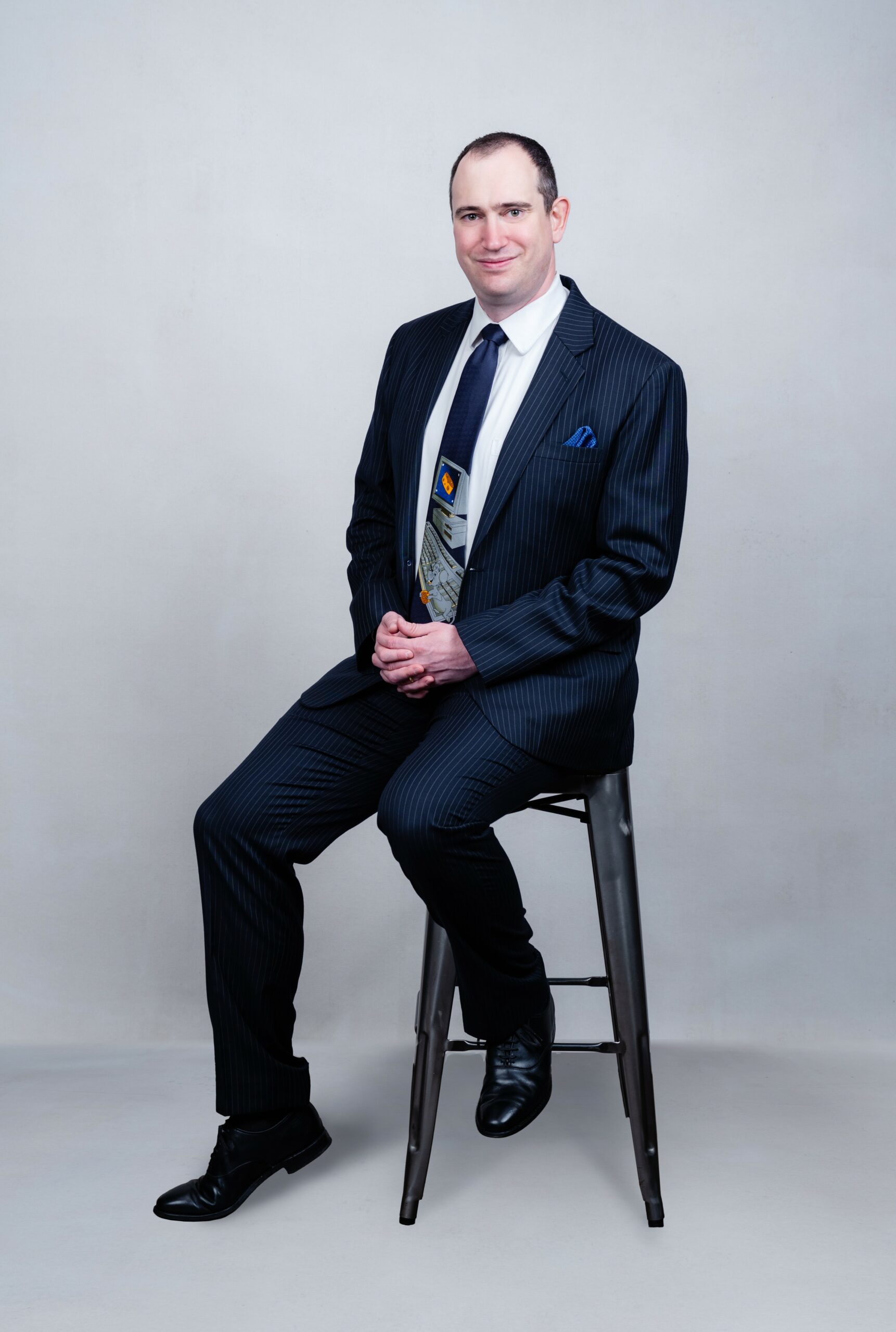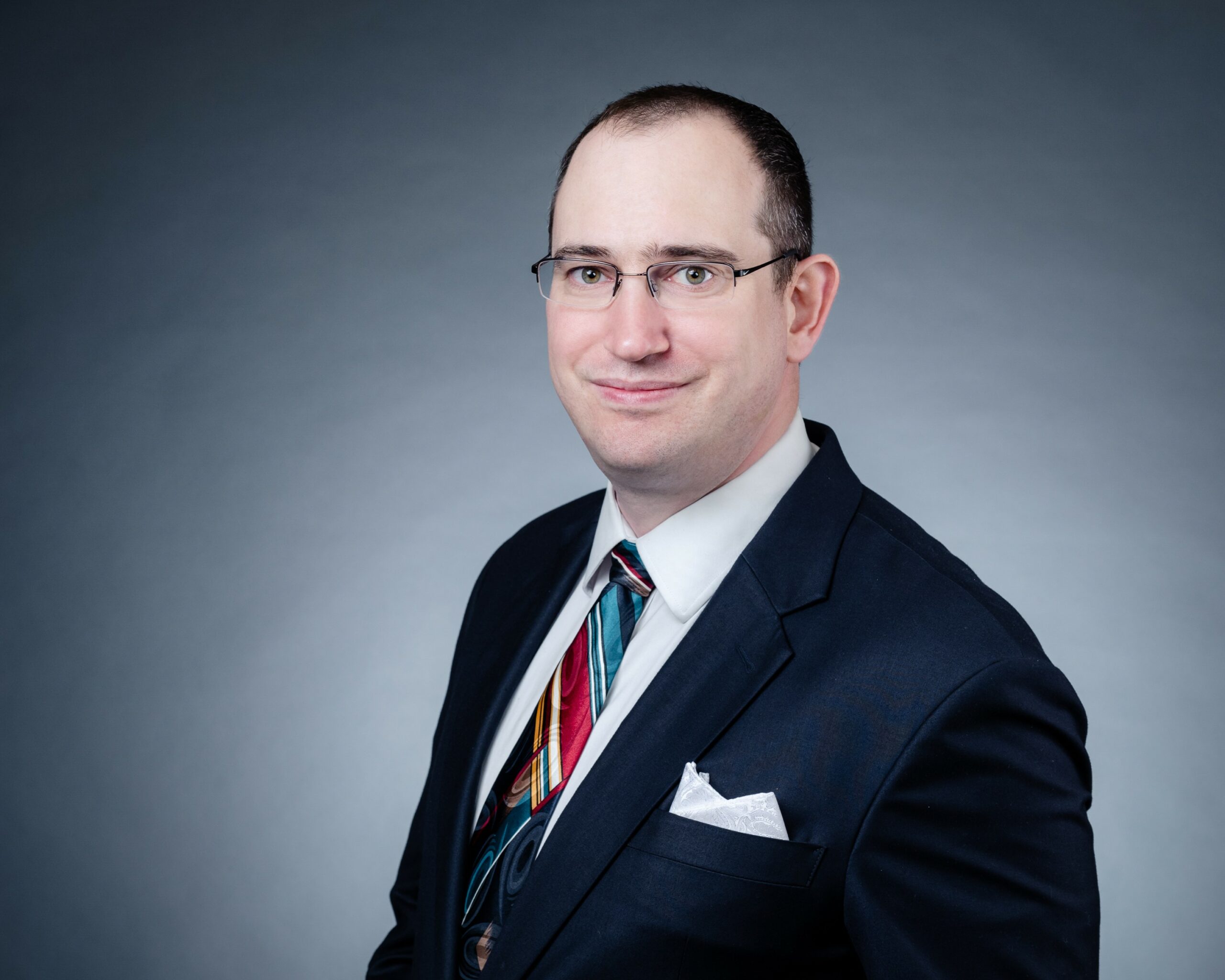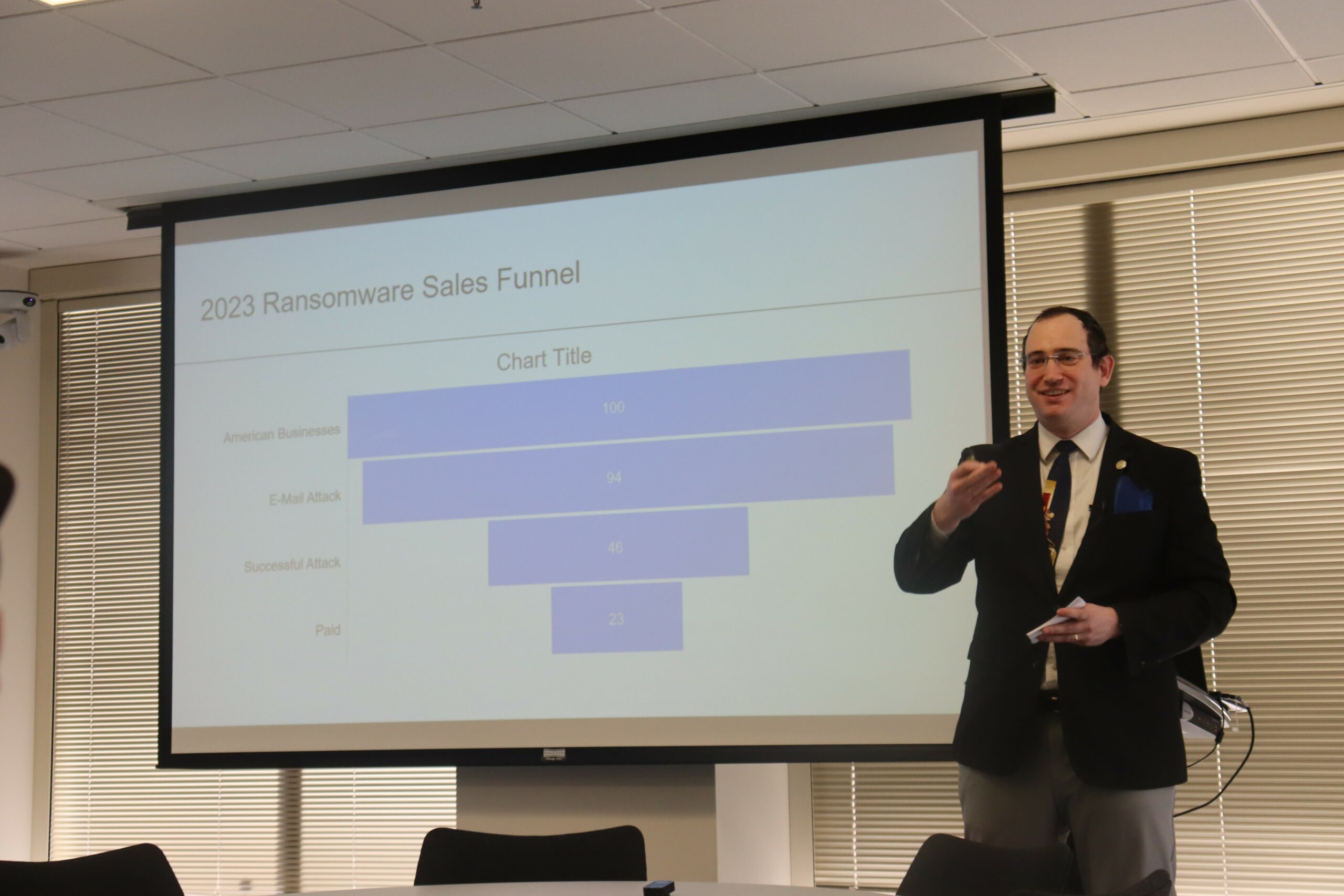We recently connected with Kevin Dominik Korte and have shared our conversation below.
Kevin, so great to be with you and I think a lot of folks are going to benefit from hearing your story and lessons and wisdom. Imposter Syndrome is something that we know how words to describe, but it’s something that has held people back forever and so we’re really interested to hear about your story and how you overcame imposter syndrome.
During my career, I made two very significant transitions. At 25, I went from being a project manager at a German Company Univention to building their US operations. Thus, I was suddenly in charge of acquiring customers and managing employees. Most of the employees had more years of experience than me. Eight years later, I got my first board seat. Suddenly, I was in the boardroom with CEOs, proven founders, and long-term directors. Moreover, I was supposed to oversee and approve their work.
The final validation came from my success in both roles. Yet, in both cases, I had to fight the urge to give up and let someone more experienced take the helm.
To fight the urge, I typically overprepared the first statement I would make in a conversation. No matter whether it was a contribution to the discussion on a topic or just the introduction at a dinner, I rehearsed it in multiple ways. Thus, instead of focusing on all the points I might not know, I was hyper-focused on getting that point across. The micro success then would carry me through the meeting or event.
Once I got into the flow of the discussion, there was little time to focus on how out of place I felt. While the imposter syndrome has lessened over time, I sometimes use this technique before significant events to help me get into the flow or when an event schedules a networking session before I give a speech.
Let’s take a small detour – maybe you can share a bit about yourself before we dive back into some of the other questions we had for you?
Over the past year, AI has moved from the realms of science fiction and academia into everyday life. However, most AI startups and AI initiatives have yet to turn a profit. Today, AI has primarily served as an excuse for executives to lay off staff to better align with their company’s “AI vision.” I spent a considerable amount of my time as a board member of two startups, where I help the founders articulate their vision of a better tomorrow, define their strategy, and advise them on the best way to reach their goals.
After all, Artificial intelligence can provide many advantages. For example, at Market Intend, we help salespeople narrow down opportunities and reduce the number of genuine cold messages. While this is great for sales, the true benefit is that it reduces the cold calls and messages we all dislike and would like not to receive.
Looking back, what do you think were the three qualities, skills, or areas of knowledge that were most impactful in your journey? What advice do you have for folks who are early in their journey in terms of how they can best develop or improve on these?
Many Americans fear speaking in public. Whether networking, speaking up in a meeting, or giving a presentation, most would rather avoid saying anything. The same was true for me. Yet communication skills are also essential for career development. I would have never made it in the executive suite and onto boards if I couldn’t communicate. Thus, joining Toastmasters has been one of the best choices in my career. The top advice I give most of my mentees is to learn how to speak comfortably and practice it in a safe environment. It does wonders on how others perceive you. Closely related are judging what is truly important and saying no to busy work. We only have a limited time in our days and our lives. Focusing on things that matter and that are critical to our success is a valuable skill. Suppose you are, like me, more technically inclined. In that case, you can spend a day a month focusing on automating an aspect of your day away. After all, if a computer can do it, there is no reason for me to bother with it.
The third is finding a good mentor. Many successful people have built their lives and accomplishments with the help of older and wiser individuals. Learning from the successes and mistakes of others can help propel you to new heights without having to go through the whole process yourself. Mentors are also excellent for bouncing ideas off and finding the added confidence needed to make significant decisions. Finally, most mentors are well connected; thus, adding them to your network can significantly help you broaden the people you can gain access to. Hence, finding a good mentor and building the relationship can be pivotal to success.
Who has been most helpful in helping you overcome challenges or build and develop the essential skills, qualities or knowledge you needed to be successful?
I have already mentioned public speaking as one of my critical skills and challenges. Thus, it shouldn’t be surprising that Redmond Toasters, my local Toastmaster’s club, was likely the most pivotal group that helped me grow and advance my career in the past five years. When I started to build Univention’s North American branch, two significant enemies were ahead of me. For one, there was the phone; It was part of my job to dive into sales, make cold calls, and speak to people who didn’t want to talk to me. The other was networking events. My ideal of a networking event at that point was first to plunder any foods or snacks I could find and then quietly hide in the corner until it was time to leave.
I didn’t want to initiate a conversation and face the risk of rejection. Toastmasters offered the safe option, where people came to learn how to speak—a place where everyone was in a room to learn and grow and not pass judgment.
With every speech I gave in the club, my confidence grew until I was ready to tackle the big stages and give a speech in public. Afterward, picking up the phone or talking to people at an event became less daunting.
Today, I can see the same fear in every new member who walks into our club, and I know exactly how they feel. I am also sure many more people out there would rather not have a birthday party than have to stand up and thank everyone for coming—exactly the opposite of how it should be.
Let’s all join together to overcome that fear and have everyone find their supportive group to help them speak up.
Contact Info:
- Website: https://www.korte.co
- Linkedin: https://www.linkedin.com/in/kevindkorte/
- Twitter: https://twitter.com/KeDKorte
- Youtube: https://www.youtube.com/channel/UCA–9Q1mmcQbgCQXOmnrCNw







